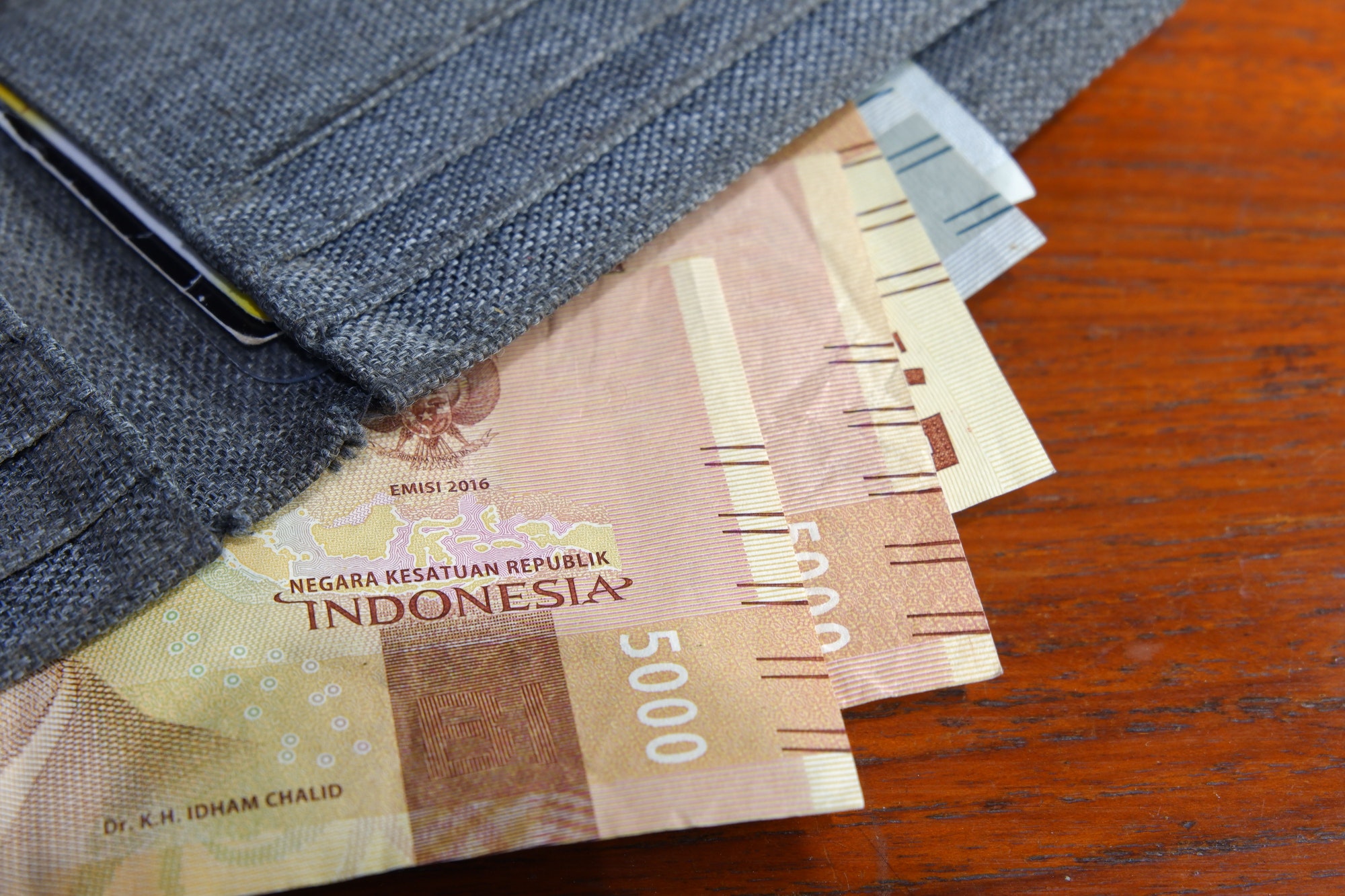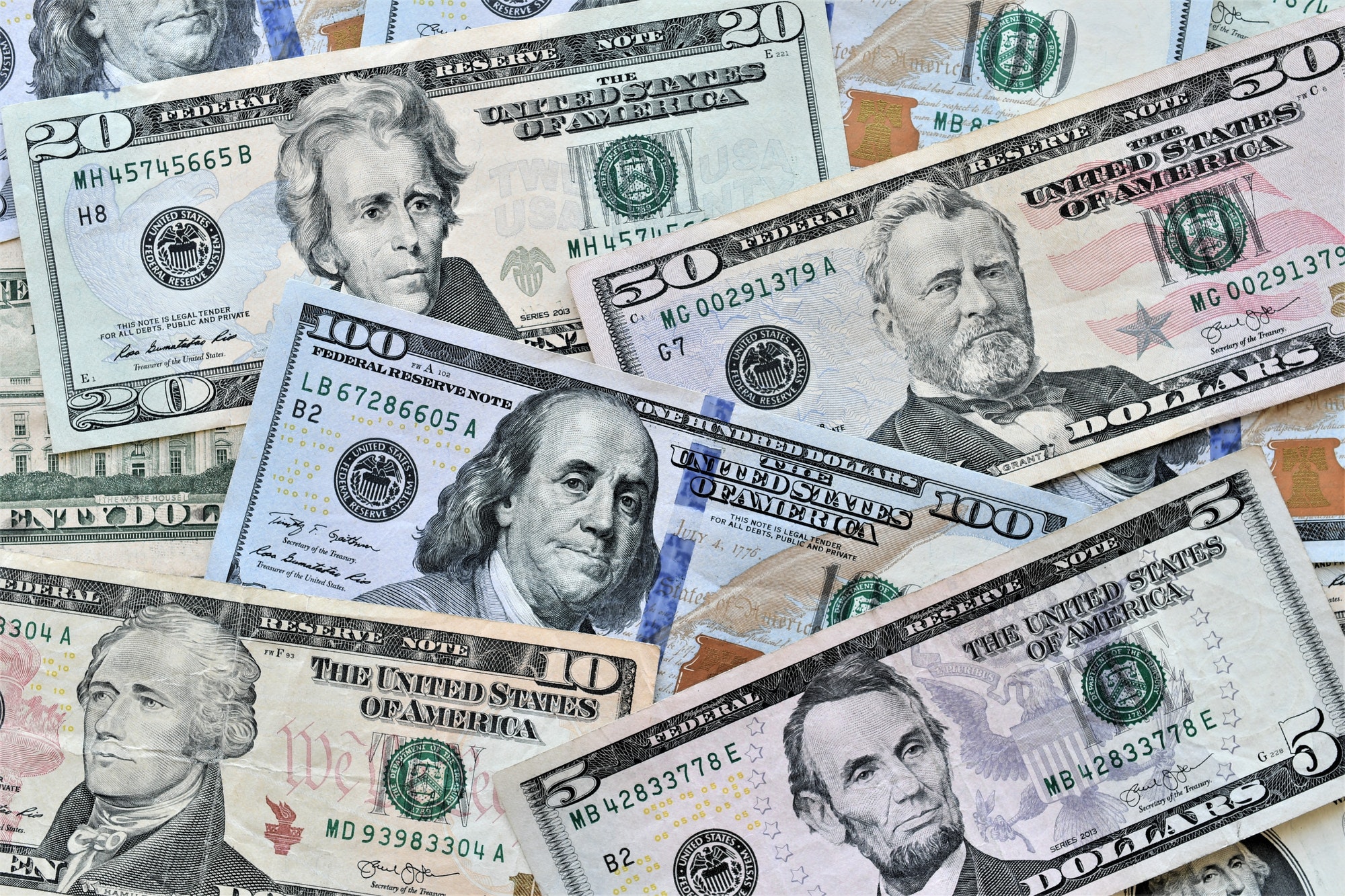Introduction
Cashing out and refinancing your mortgage can be a complex process, but in Louisiana, it has been streamlined to make it easier for homeowners to access the equity in their homes. Louisiana cash out refinance allows homeowners to take out a new mortgage for more than what is owed on their existing loan and receive the difference in cash. This article will unlock home equity with cash out refinance in louisiana. Explore cash out refinance in LA real estate landscape. Learn about Louisiana cash out refi in detail.
What is Cash-Out Refinance?
Cash out refinancing involves replacing an existing mortgage with a new loan that is larger than the current one. The homeowner receives the difference between the two loans in cash. In Arkansas, this method enables homeowners to convert their home equity into liquid assets that can be used for improvements, debt consolidation, education expenses, or other financial needs.
- Equity Utilization: Over time, as homeowners make mortgage payments and potentially see their property’s value increase, they build equity in their homes. Cash-out refinancing enables them to convert a portion of this equity into liquid funds.
- New Loan Amount: When opting for a cash-out refinance, homeowners apply for a new mortgage that is larger than their existing loan.
- Purpose of Funds: The cash obtained from a cash-out refinance can be used for various purposes. Common uses include home renovations or improvements, consolidating high-interest debts, funding education expenses, making investments, covering large expenses, or any other financial need.
- Repayment Terms: With the new loan, homeowners will have revised repayment terms, such as a new interest rate, monthly payments, and a potentially extended loan term, depending on the amount borrowed.
- Home Equity Consideration: Lenders typically allow homeowners to cash out a certain percentage of their home’s equity, often up to 80-85% of the home’s appraised value. This limitation helps mitigate risk for lenders and ensures borrowers maintain a reasonable level of equity in their property.
Benefits of Cash Out Refi in Louisiana
Cash-out refinancing in Louisiana, as in many other states, offers several potential benefits for homeowners:
- Accessing Home Equity: One of the primary advantages is tapping into the accrued equity in your home. Over time, as property values rise or mortgage balances decrease, this accumulated equity can become a valuable financial resource.
- Consolidating High-Interest Debt: Rolling high-interest debts (like credit cards or personal loans) into a refinanced mortgage with a lower interest rate can save money on overall interest payments and simplify monthly finances.
- Potential Lower Interest Rates: If current interest rates are lower than the existing mortgage rate, a cash-out refinance could allow you to lock in a lower rate, potentially reducing monthly payments and overall interest costs.
- Home Improvement or Renovation Financing: The cash obtained can be directed toward renovations or enhancements, potentially increasing the property’s market value and improving living conditions.
- Tax Benefits: In some cases, the interest paid on the cash-out refinance might be tax-deductible. Consulting a tax advisor can help assess potential tax benefits.
- Financial Flexibility: Access to cash offers flexibility, allowing homeowners to cover large expenses and emergencies or diversify investments.
Louisiana Cash Out Refi Process
The process for a cash-out refinance in Louisiana typically involves several steps:
- Evaluate Equity: Determine the amount of equity you have in your home. Equity plays a crucial role in the amount of cash you can access through refinancing.
- Shop Around for Lenders: Research and compare lenders in Louisiana. Compare interest rates, fees, closing costs, and customer service to find the most suitable option for your needs.
- Prequalification: Get prequalified for a cash-out refinance. This involves providing basic financial information to a lender, who can then give you an estimate of the loan amount you might qualify for.
- Loan Application: Complete the formal loan application process with your chosen lender. You’ll need to provide detailed financial documents, including income statements, tax returns, and employment information.
- Appraisal and Property Evaluation: The lender will conduct an appraisal to assess the current value of your home. This appraisal helps determine the maximum loan amount you qualify for based on the property’s value.
- Underwriting Process: The lender reviews all your financial information, credit history, property appraisal, and loan application details. They assess the risk and decide whether to approve the loan.
- Loan Approval and Closing: Once approved, you’ll receive a loan estimate detailing the terms and closing costs. Review these carefully. After that, you’ll schedule a closing date where you sign the necessary documents to finalize the loan.
- Receiving Funds: After closing, the funds from the cash-out portion of the refinance will typically be disbursed to you. Be mindful of any waiting periods or regulations that might affect the timing of fund availability.
- Start Making Payments: You’ll begin making payments on the new loan, which will include the refinanced mortgage amount plus the cash-out funds you received.
Current Trends in Cash Out Refinance in Louisiana
As of my last update in early 2022, the trends in cash-out refinancing in Louisiana were influenced by several factors:
- Interest Rates: The prevailing interest rates played a significant role in the decision-making process for homeowners considering a cash-out refinance.
- Home Equity Growth: Louisiana experienced variable trends in property values across different regions. Areas with appreciating home values often saw an increase in available home equity, encouraging homeowners to leverage that equity through refinancing.
- Debt Consolidation: Some homeowners used cash-out refinancing as a means of consolidating high-interest debts, such as credit cards or personal loans. This allowed them to streamline payments and potentially save on overall interest costs.
- Home Improvement Projects: With the option to access cash through refinancing, many homeowners undertook home improvement projects or renovations. This trend was especially noticeable in areas where property values were rising, as homeowners aimed to enhance their homes and capitalize on potential equity growth.
- Financial Flexibility: Cash-out refinancing offered financial flexibility, allowing homeowners to use the released equity for various purposes beyond home improvements, such as investing, funding education, or handling unexpected expenses.
- Lender Practices and Requirements: Lenders in Louisiana varied in their requirements and practices for cash-out refinancing. Some imposed stricter criteria, including higher credit score thresholds or lower loan-to-value ratios, while others were more accommodating.
- Market Conditions: Overall market conditions, including economic stability, employment rates, and housing demand, influenced the attractiveness of cash-out refinancing. Favorable economic conditions often led to increased interest in refinancing.
- Regulatory Environment: State-specific regulations, including legal restrictions or changes in mortgage policies, could impact the feasibility and popularity of cash-out refinancing in Louisiana.
Interest Rates and Terms for Cash Out Refinance in Louisiana
Here are some insights into interest rates and terms:
- Market Conditions: Louisiana’s local economic health and housing market stability contribute to interest rate fluctuations. In times of economic growth or stability, interest rates may be more favorable. However, economic uncertainties or fluctuations can impact rates.
- Loan Amounts: The amount being refinanced or the equity being cashed out can influence the interest rate. Higher loan amounts might have slightly different rates compared to smaller refinancing amounts.
- Loan Terms: Borrowers can choose various loan terms when refinancing, commonly ranging from 15 to 30 years. Shorter terms typically come with lower interest but higher monthly payments. Longer terms might have slightly higher rates but offer more manageable monthly payments.
- Credit Score Impact: Borrowers with higher credit scores usually qualify for better interest rates. Lenders often offer more competitive rates to borrowers with excellent credit histories as they are considered lower risk.
- Equity Percentage: Lenders generally allow borrowers to cash out a percentage of their home’s equity, often up to 80-85% of the home’s appraised value. The loan-to-value (LTV) ratio can affect the interest rate offered, with lower LTV ratios potentially securing better rates.
- Lender Policies: Different lenders in Louisiana may have varying interest rate structures and terms for cash-out refinancing.
- Fixed vs. Adjustable Rates: Borrowers have the option to choose between fixed-rate and adjustable-rate mortgages (ARMs). Fixed-rate mortgages offer stable interest rates for the entire loan term, while ARMs might start with lower rates that can adjust later based on market conditions.
Financial Planning and Cash Out Refi in Louisiana
When considering a cash-out refinance in Louisiana, incorporating it into your overall financial planning is essential. Here are some key points to consider:
- Financial Goals: Define clear objectives for accessing cash through refinancing. Whether it’s home improvements, debt consolidation, investment opportunities, or addressing financial obligations, ensure that refinancing aligns with your long-term financial strategy.
- Budgeting: Assess your current financial situation and create a comprehensive budget. Understand how the additional funds from refinancing will impact your monthly expenses and financial goals. Factor in any changes to mortgage payments, interest rates, and associated costs.
- Debt Management: Evaluate existing debts and their interest rates. If consolidating high-interest debts into a mortgage, consider the long-term financial implications.
- Emergency Fund: Maintain or build an emergency fund. Refinancing might free up some cash, but having a financial safety net for emergencies is crucial.
- Long-Term Impact: Consider the long-term impact of refinancing, especially if it involves extending the loan term. While it might reduce immediate financial stress, it could increase overall interest payments over time.
- Property Investment: Assess how the cash from refinancing can be used to improve the property. Strategic investments might increase the property’s value, providing potential returns in the future.
Conclusion
cash-out refinancing in Louisiana provides homeowners with a valuable opportunity to leverage their home equity for various financial purposes. The process, while involving several steps, offers benefits such as accessing accumulated equity, consolidating debts, and funding home improvements or investments.
Understanding the cash-out refinance process involves evaluating equity, researching lenders, undergoing prequalification, completing the loan application, property appraisal, underwriting, and closing. These steps are integral to accessing the cash from the refinanced mortgage.
FAQ
1. How much equity can I access through a cash-out refinance?
- Lenders typically allow homeowners to access up to 80-85% of their home’s appraised value. The actual amount you can cash out depends on the lender’s policies, your creditworthiness, and the current market conditions.
2. What can I use the cash from a cash-out refinance for?
- The cash obtained through a cash-out refinance can be used for various purposes, including debt consolidation, educational expenses, investments, or any other financial need.
3. What are the benefits of cash-out refinancing?
- Some benefits include accessing accumulated equity, potentially getting lower interest rates than other types, consolidating high-interest debts into a single, lower-rate mortgage, and using the funds for home improvements that can increase property value.
4. How does the process of cash-out refinancing work?
- The process involves evaluating your equity, researching and selecting lenders, getting prequalified, completing the loan application, undergoing a property appraisal, the underwriting process, closing, and finally, receiving the funds from the cash-out portion of the refinance.
5. Does cash-out refinancing have tax implications?
- The interest paid on the cash-out portion of the refinanced mortgage might be tax-deductible in some cases. Consulting a tax advisor can provide guidance on potential tax benefits.
6. Can I do a cash-out refinance more than once?
- Yes, homeowners can do multiple cash-out refinances over time, subject to lender approval and meeting eligibility criteria for each refinancing.
Visit RateChecker to get free mortgage quotes!


